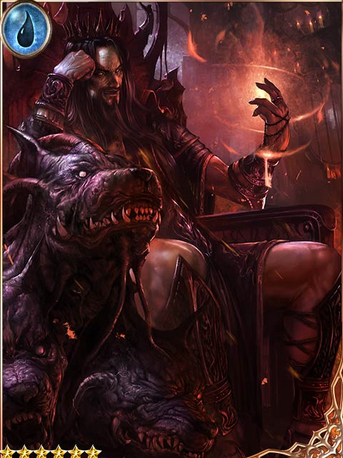The God as Superhero: Part IV, Hades
Continued from previous posts… Hades? You’ve got to be kidding. The dread Lord of the Underworld? The god the Greeks feared so much that they wouldn’t even speak his name?* The god who granted Medea her death and , at her request, destroyed her lover, Jason?** The master of the remorseless Furies, who releases them to torment the living?** The infernal Jove, the snatcher of things, who causes the earth to shake and open up and devour his unfortunate prey? ** The god who called a deadly plague down upon the city of Thebes?** The god who snatched his sister’s only child and took her down to the underworld to be his queen? That’s not a Superhero, that’s an Archvillian! So, imagine my surprise and terror when Hades began talking to me as I stood outside his Ploutonion in Elefsina, Greece. (see previous post: Power Points of Eleusius: The Ploutonion ) I was there a few years ago with my husband and two good friends.… Read More »


